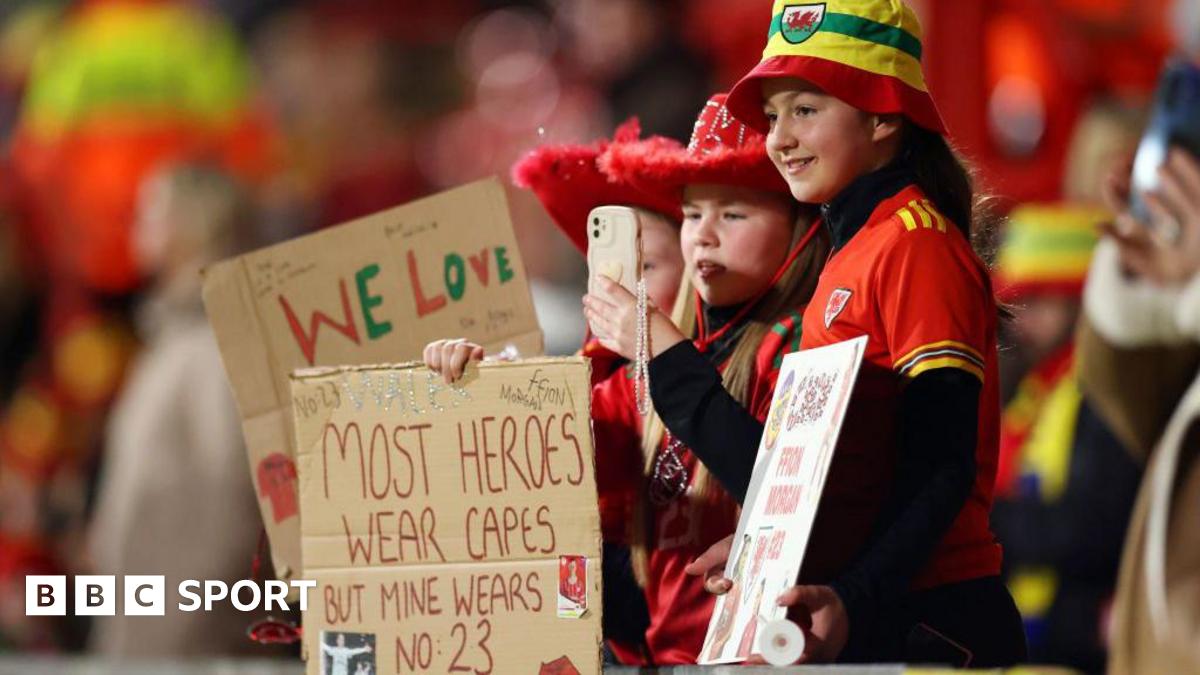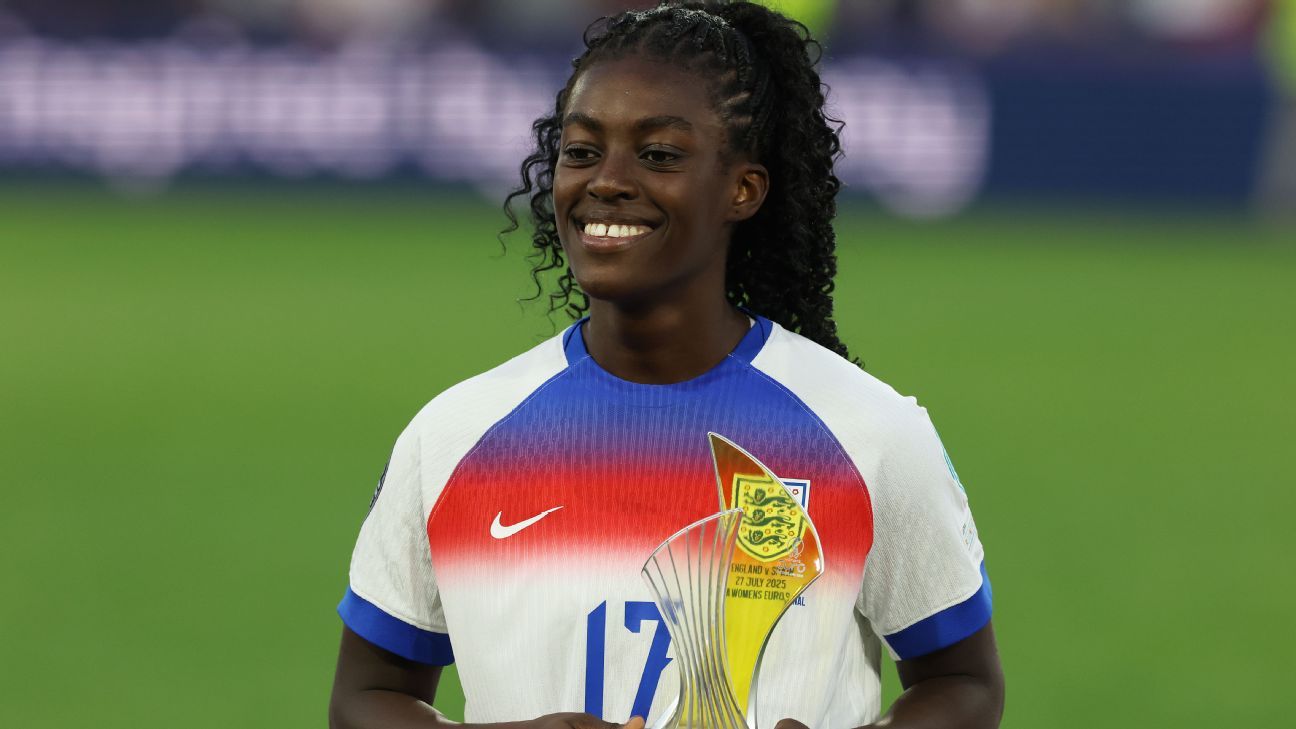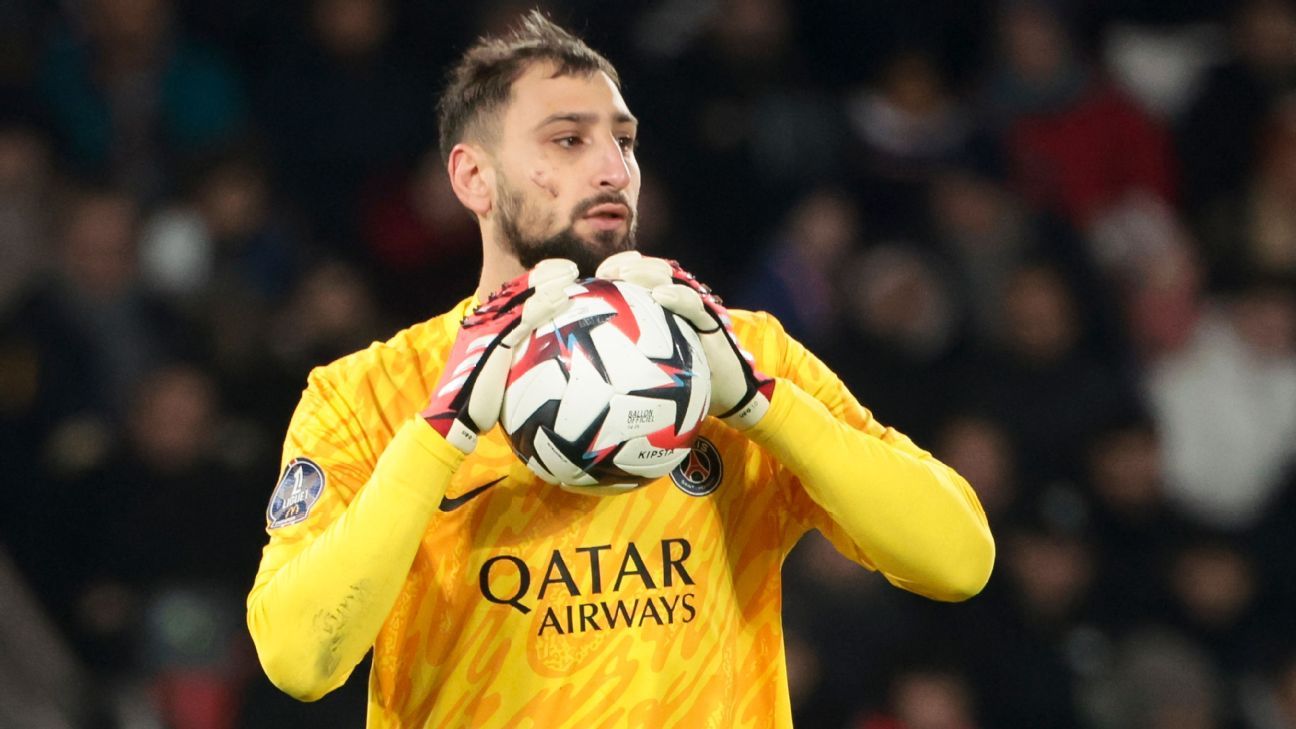The path to progress has been far from smooth for Welsh women’s football.
Indeed, in the 2020s in terms of attendances, Wales are nowhere near the levels of 100 years ago, when women’s international matches regularly attracted crowds of 30-40,000.
The Football Association banned women’s football for 50 years, with Wales women not having an international side again until 1973, though it was not affiliated to the FAW and was run by volunteers. It was not until 1993, after a campaign from some of the Wales players, that the women’s side played their first ‘official’ match.
To say women’s football was not the priority of the FAW would be an understatement.
In 2003, Wales were drawn to play Belarus, Israel, Estonia and Kazakhstan in qualifying for Euro 2005 and rather than face the cost of arranging the trips, the FAW withdrew Wales from qualifying, because it was cheaper to pay a fine of 50,000 Swiss Francs.
Knowing the history of what has come before has been something of a burden to the players, according to one of the architects of their status as a legitimate team, former Wales captain and Uefa executive committee member Laura McAllister.
“When you haven’t qualified that’s a huge weight on your shoulders for everybody,” she told BBC Sport Wales.
“Those players really feel it because they’re so emotionally connected and they know what it means because the careers of almost all of them with the exception of the very young players in the squad has been a battle.
“All of those girls know what we went through to get the team started and to play against teams that were a much better resourced than us. But we had to start somewhere, and they feel a great debt to that, which they want to repay.
“But I know they feel that emotionally. And I guess that’s an added pressure, isn’t it? When you know you’re not doing it just for yourself and your family and your friends and the fans, you’re doing it for the generations who came before as well. And all credit to the girls for thinking like that.”
When Wales finally achieved major tournament qualification, many of those trailblazers, such as cap centurion Helen Ward, were in the room celebrating with the players in Dublin.
“It was brilliant. Such a great night. One of the best ever,” Ward recalls.
“I think it was about four o’clock in the morning before I got into my bed in our hotel. The FAW, fair play to them. They opened it up to friends and family, so all the girls had their family there. They were all still in full kit. The drinks were flowing, the music was on, everybody singing, having a great time.
“And I was just really, really fortunate to have been invited to be part of that and spend some time with the girls that obviously I spent so many years playing with and to sort of feel a little small part of it and just enjoy in their success, like celebrate with them and celebrate them for what they’ve achieved.
“And that’s why this is such a special story because everyone who’s played for the team going over three decades and more you’ve always been that close and everyone’s been in on that journey. To finally achieve qualification after all those years that’s why it’s so amazing, isn’t it?”
The FAW recently presented ‘lost caps’ to 70 players who were awarded caps retrospectively from the period of 1973 to 1993 when Wales’ international games were unrecognised by the association.








